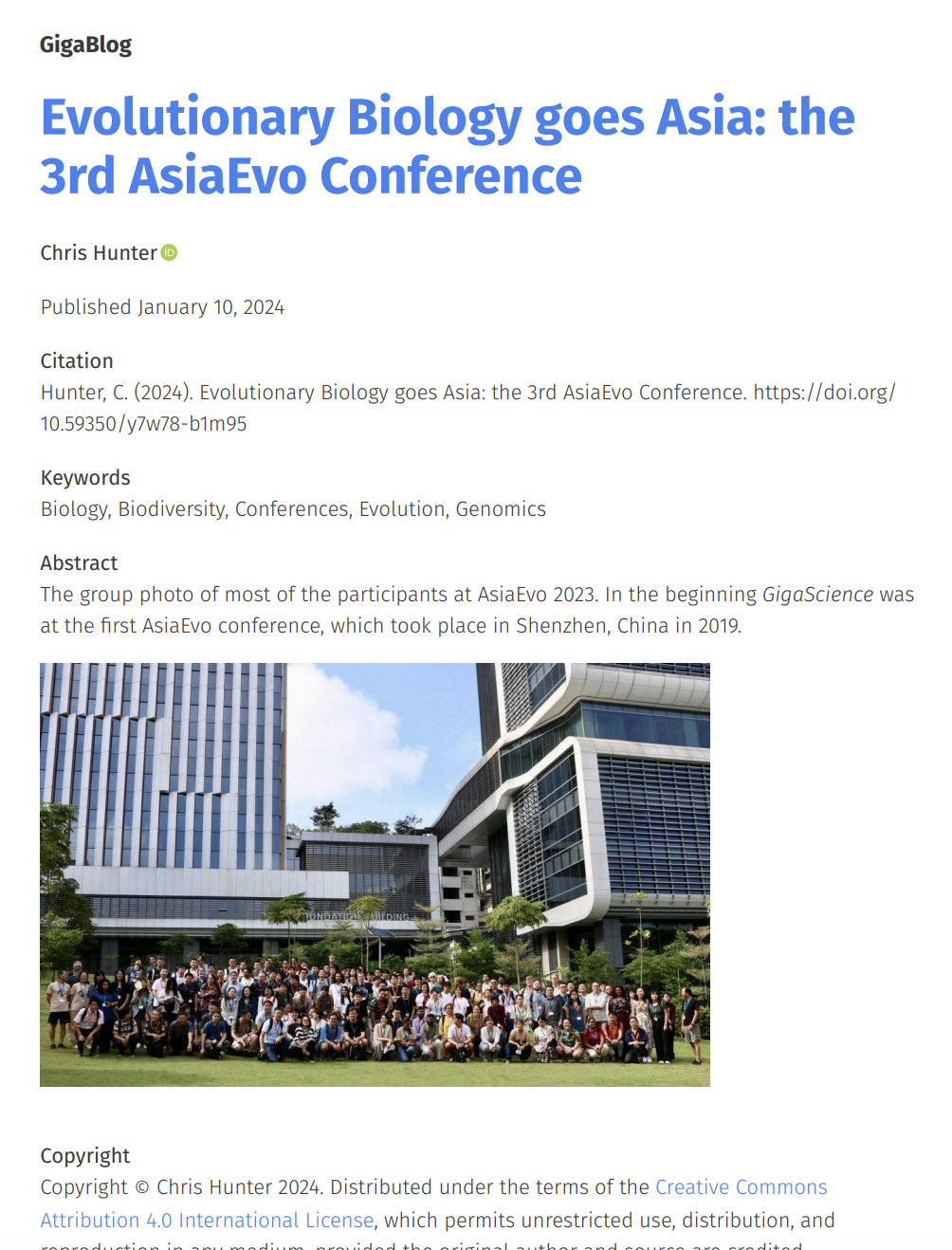
On Monday the Rogue Scholar science blog archive launched the export of blog posts in PDF and other formats. Over the last few days I have been busy improving the PDF output, and today I am releasing a new version, available for all the more than 13K science blog posts archived by Rogue Scholar. The PDF is generated using the open source Pandoc universal document converter in combination with the Weasyprint library.








